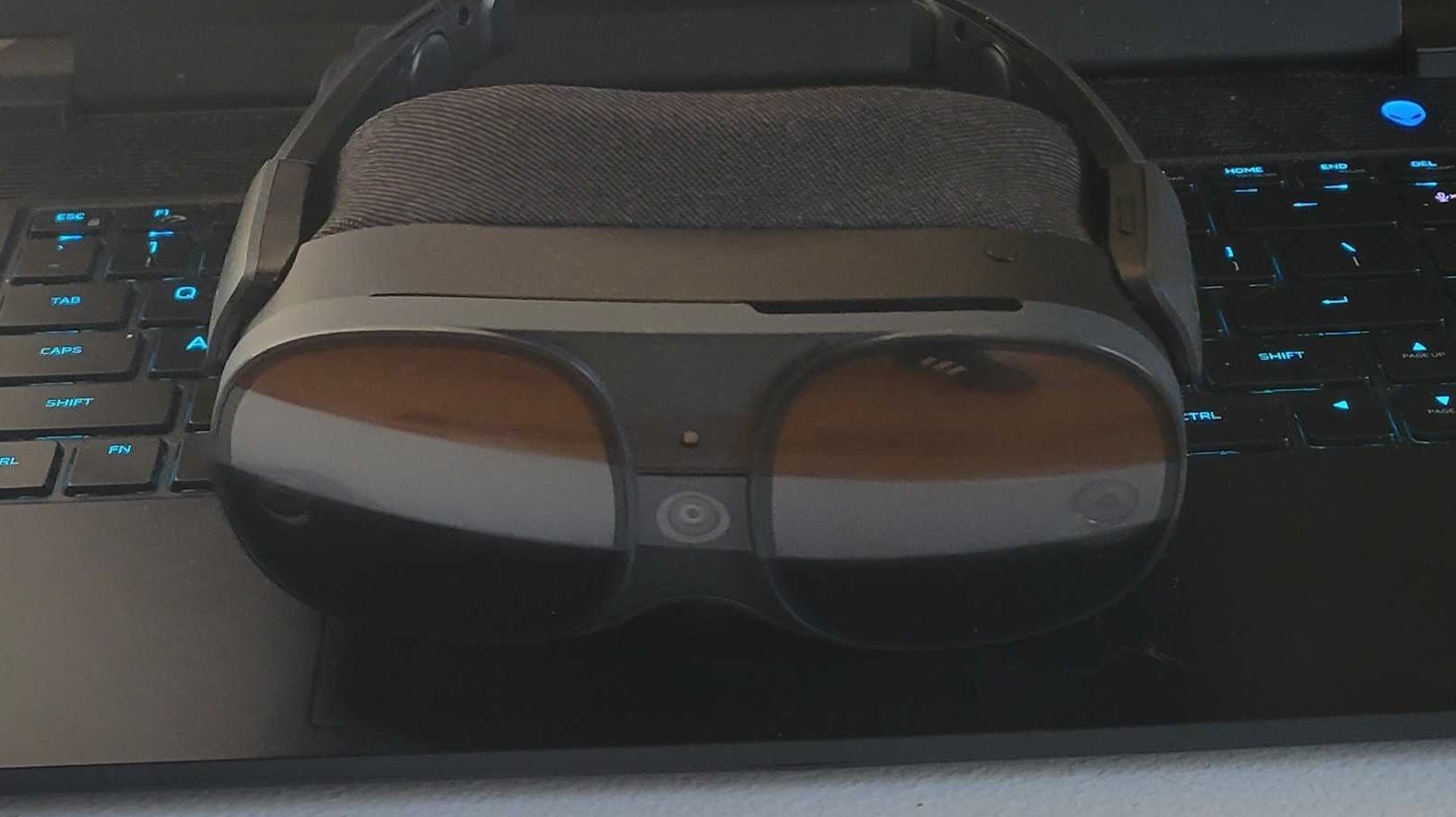
The first Quest came out in 2019, so Meta is definitely the most experienced of the two companies when it comes to creating standalone VR headsets. So it probably isn’t a surprise that the Meta Quest offers a better standalone experience than the HTC Vive XR Elite. Under the hood, the Quest Pro also has slightly better hardware. Both headsets have 12GB of RAM and a roughly two-hour battery life, but the Quest Pro’s Snapdragon XR2+ chip is better than the Vive XR Elite’s standard XR2.
Meta’s user interface is a little more refined, and packs more features than HTC’s effort — but the main difference comes with the number of apps available. HTC’s options are very limited, and none of the standalone apps are that good. There’s a distinct lack of heavy-hitting titles like “Boneworks,” “The Walking Dead: Saints and Sinners,” and “Blade and Sorcery.”
To make matters worse for HTC, Meta has a long-standing habit of buying up VR studios that are producing good games. Because of this, many major VR games are going to be Quest exclusives, further limiting how far HTC can take its own online store. In short, Meta got in there first and has really locked the standalone market down for now. It’s going to be very difficult for other companies to come along and carve out a significant slice for themselves. HTC’s standalone experience will undoubtedly get better as time goes on, but it has a long way to go before it can seriously challenge the Quest Pro.
Stay connected with us on social media platform for instant update click here to join our Twitter, & Facebook
We are now on Telegram. Click here to join our channel (@TechiUpdate) and stay updated with the latest Technology headlines.
For all the latest Gaming News Click Here
